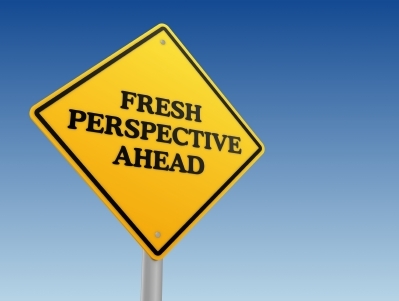I recently heard a CEO say, “when I am healthy, my business is healthy”. I have been thinking about this CEO’s statement in the context of CEOs I have known or observed over the years. My reflective observation is, he is right; there is a strong correlation between the health of the leader and the health of the business.
In the public company arena, we see the impact on stock prices when the CEO becomes physically ill.
In the private company arena, where most of the CEOs I work with reside, those that focus on their health and fitness are the ones that lead successful companies. I have watched CEOs move from poor mental and/or physical health to good health and back again and observed the company performance move in tandem.
Years ago, I worked with a CEO whose company growth had stalled. He brought me in as an advisor to help him get the company back on a growth track. While certainly there were some operational and structural changes needed, what I discovered was holding the company back was the CEO’s lack of engagement. He had suffered a series of injuries that kept him away from work, followed by a serious issue with his son. Once we put the infrastructure in place that he needed to take the company forward AND he got well and found a way to deal with his son’s issues, the company began to prosper. In fact, it was he that I was quoting in the first sentence of this post.
While a component of health is genetic and beyond our control, and life happens beyond our control, research continues to show that lifestyle and exercise are directly related to emotional and physical health.
So, as we go through our daily lives, what can each of us do to pause, reflect and recognize we have a fiduciary responsibility as leaders to care for our physical and mental well-being?
















 The initial results of my Pivot are excellent. I feel I have much greater clarity regarding the next 3-5 years..
The initial results of my Pivot are excellent. I feel I have much greater clarity regarding the next 3-5 years..  John Yerger
John Yerger